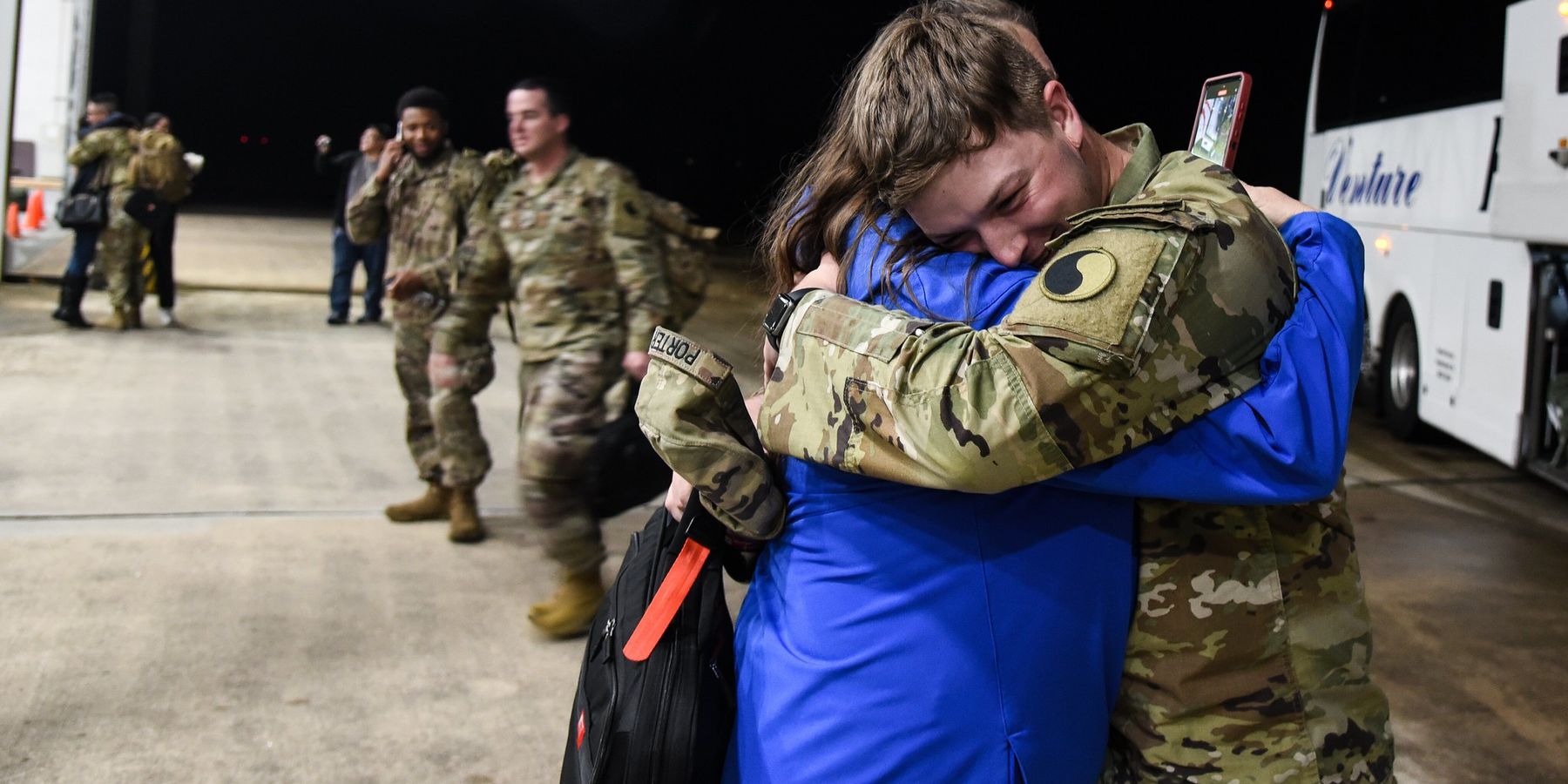Despite the claims of Vice President Kamala Harris that there are no U.S. troops in active combat zones today, many remain deployed abroad in dangerous and unsustainable positions across the world. This includes both Iraq and Syria.
The United States and Iraq, however, have apparently reached a deal to begin the removal of 2,500 U.S. forces still stationed in that country. Staged over the course of 2025 and to conclude in 2026, the plan would, if successful, put an end to the U.S. military presence in a nation where many of the internal problems have a direct relationship to the invasion of 2003.
Next door to Iraq is Syria, a country whose own brutal and long-running civil war has also seen over a decade of U.S. intervention, from the ill-conceived Operation Timber Sycamore, the largest known C.I.A. arm and equip program in history, to direct U.S. occupation via bases of significant parts of the east of the country. Meanwhile, a long coordinated regime change campaign targeting President Bashir al-Assad failed after exacerbating the situation on the ground.
Operation Timber Sycamore was later exposed as having helped a rebel movement that was disproportionately Islamist and often linked to informal or even explicit alliances with al-Qaida affiliates. The goals of these movements often included the imposition of a theocratic government and the forced conversion or even extermination of sectarian minority groups. Barely more than a decade after 9/11, the U.S. was undermining its own self-proclaimed "War on Terror" in order to conduct regime change.
Out of this chaotic mess would come the rise of ISIS, something unlikely to have gotten so much traction without all the non-state actors that grew up in the wake of both Iraq and Syrian wars.
But while the U.S. played a supporting role, it was actually a complex patchwork of local forces and Iranian-backed militias that did the majority of the anti-ISIS fighting in the last decade. The U.S. strongly supported the Kurds while opposing to the Syrian government which was also fighting ISIS at the time. Meanwhile, in Iraq, the U.S. worked with Iranian-supported militias against ISIS only to then fear their influence.
It is, so the U.S. government says, to prevent the resurgence of this terror network that U.S. bases have remained in Syria and Iraq. There are reportedly 900 U.S. troops still in Syria today. They are also serving as a counter to the very Iranian influence which keeps ISIS at bay. A hornet’s nest of regional actors swarm about these remote bases, and so the purpose and sustainability of the deployments grow ever more questionable.
The problem with being a counter in a slice of territory surrounded by governments friendly to Iran is that these small forces are effectively tripwires. They are attacked frequently, resulting in American casualties continuing through this summer, but do not exist in numbers great enough to meaningfully change the balance of power with local actors.
Both of the Iraqi and Syrian governments — who, despite their issues, remain the most powerful forces in their respective countries — are friendly with Iran. As the Gaza War further inflames tensions, including Israeli airstrikes on Syria proper, the risks only increase. Sanctions, meanwhile, have done immense damage to Syria’s economy but failed to undermine the government or achieve any opportunities for U.S. diplomacy.
There is no excuse for risking the lives of American servicemen in what is increasingly a series of failed interventions passed from one generation to another. If Iran is to be contained it will be by other more local countries containing it, not a smattering of vulnerable and isolated American bases. These bases, frankly, could only be made relevant with a massive infusion of reinforcements that the American public is unlikely to ever support, considering the rapidly souring mood towards interventions abroad.
Furthermore, with the welcome news of U.S. forces pulling out of Iraq, the only land access to the bases in Syria will be via Jordan. This could leave their supply lines even more under threat than they are now. It thus makes perfect sense that if Iraq is to be evacuated by U.S. forces, Syria should be as well.
Knowing all of this, it is time to bring the U.S. intervention in Syria to a close in tandem with the intervention in Iraq.
- Tom Friedman’s strange case for a US military presence in Syria ›
- US troops in Iraq and Syria aren't 'keeping the peace' ›
- Set it off: How US invasion of Iraq led to chaos in Syria today | Responsible Statecraft ›
- DoD denies US military building a new 'base' in Syria | Responsible Statecraft ›
- The military's dependence on our citizen soldiers is killing them | Responsible Statecraft ›
















